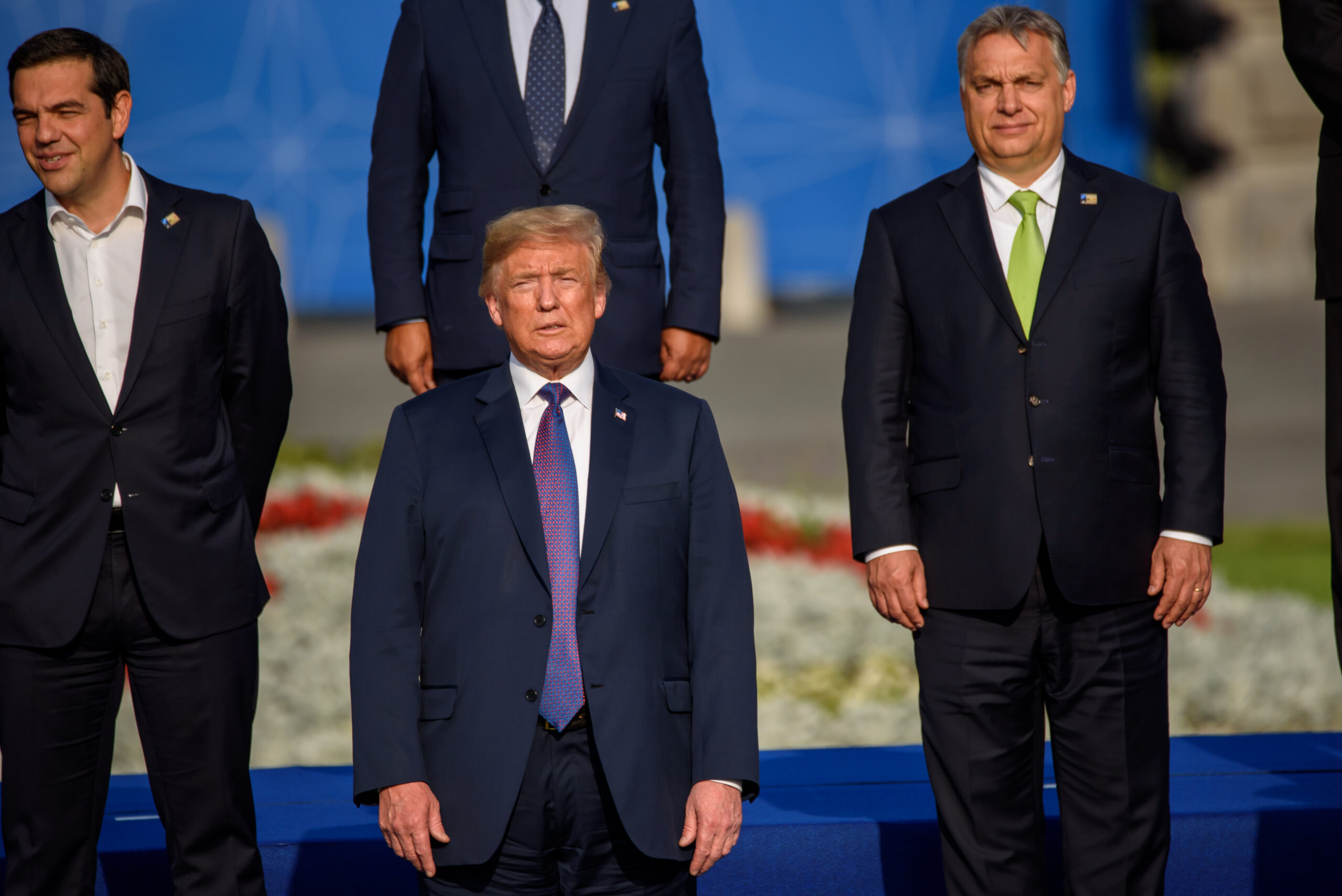Trump-Orban Summit Spotlights Sovereignty And Security Concerns

President Donald Trump recently met with Hungarian Prime Minister Viktor Orban at Mar-a-Lago in Florida last weekend. Their conversation involved recommendations and support from both leaders regarding border security and national sovereignty. The conference demonstrated mutual ideologies on border security and geopolitical issues.
Trump lauded Orban as a “fantastic leader” known for his decisive leadership and strong immigration policies. Orban has served as Hungarian Prime Minister since 2010. The European community has given his tenure both praise and sharp criticism over his firm approach toward maintaining Hungary’s cultural and national integrity. He has especially brushed up against progressive globalist European leaders because of his dedication to stringent border controls.
The engagement between the two figures wasn’t just a ceremonial visit but a significant political gesture, underscoring deep connections based on conservative principles. Both leaders are highly attuned to the existential problems presented by rampant and unchecked illegal immigration. Like the United States, Hungary is positioned next to international neighbors that are inclined to serve as pathways for migrants from hostile nations.
Orban’s visit to the U.S. and his meeting with Trump, bypassing current administrative channels and directly endorsing Trump for president, underline a unique political dynamic. The meeting also drew attention due to the leaders’ contentious stances on various issues. Orban has faced criticism for his relationships with countries like Russia, China, and Iran, raising concerns about Hungary’s foreign policies. Their discussion also touched on the pragmatic aspects of Hungary’s international dealings, particularly in trade.
Globalist progressive opponents of Trump and Orban, including top officials in the Biden administration, have voiced their concerns, framing the meeting as “antithetical to democratic values.” Joe Biden’s comments reflect a broader ideological clash, with the current administration pushing back against what they perceive as a growing anti-democratic sentiment represented by leaders like Orban.
The Trump-Orban rendezvous underscores a significant ideological divide, with implications far beyond U.S. and Hungarian borders. It represents a moment of solidarity between leaders who champion a “nation-first” approach in an increasingly globalized world. Critics argue this approach undermines collective efforts and international agreements. At the same time, supporters see it as a necessary defense of sovereignty and traditional values.
























